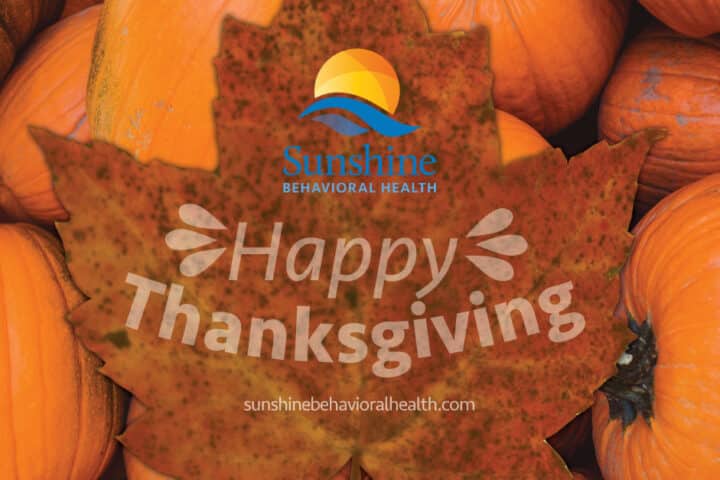
Home May Be Where the Health Is This Thanksgiving
Thanksgiving tends to be a great unifier. No matter if your main year-end holiday tradition includes putting up a Christmas tree, celebrating Mass, observing Diwali, lighting the menorah or kinara, or just leaving the decorations in storage, most Americans tend to gather to feast and enjoy some together time on Thanksgiving, the fourth Thursday each November.
The 2020 holiday season is likely to be different, however With COVID-19 cases projected to climb, more people may opt to stay home and keep Thanksgiving celebrations a bit more subdued. There are plenty of trackers to let travelers know if a state’s caseload is high or low, to help someone plot out their holiday plans.
Ideally, it’s better to avoid traveling and stay at home. It can be a lifesaver for people at higher risk — including the elderly and people with pre-existing medical conditions.
It’s also a wise idea to avoid any activities that put a person in danger of exposure. That includes shopping in crowded stores, attending parades or populated events, participating in large gatherings with people who aren’t part of your household, and using judgment-clouding substances such as drugs or alcohol.
For the day of Thanksgiving, however, here are some safety tips:
- Celebrate outside, if you can. Practice social distancing and wear masks, especially if you are gathering indoors and when not dining. Remind everyone to bring masks, and having some spare disposable ones on hand isn’t a bad idea, either, for anyone who’s forgotten.
- Encourage hygiene. Let everyone know where they can wash their hands, and set out hand sanitizer with at least 60% alcohol content or hand wipes throughout the home or around the porch, tent, or yard. Hand washing is best done before and after handling food, after throwing out garbage, or touching one’s face.
- If guests are arriving from multiple households, seat everyone from the same household at the same table and try to space different groups at least six feet apart. If you’re setting up a tent, be sure to practice social distancing, and if it’s not too cold, keep tent flaps open or rolled up somewhat to enhance ventilation.
- Avoid singing and shouting, especially when indoors. Keep the TV or stereo volume low, so people don’t have to yell and risk spraying saliva droplets.
- Self-service and potluck setups aren’t the safest option, so encourage people to bring their own foods or designate one or two people to serve everyone. They can wear masks and gloves while they prep platters to minimize spreading germs. Handling or eating food seems to be relatively risk-free, but practice hygiene when handling plates and utensils, especially if you might touch your mouth, nose, or eyes.
If anyone is showing any signs of being sick, encourage them to stay home, for their sake and everyone else’s.
Symptoms of COVID-19 vary widely, but fever or chills, coughing, shortness of breath, difficulty breathing, fatigue, aches and pains, headaches, sudden loss of taste or smell, sore throats, congestion, runny nose, nausea, vomiting, or diarrhea all can be cause for concern.
Sources
cdc.gov – COVID-19 Forecasts: Cases
npr.org – Coronavirus Is Surging: How Severe Is Your State’s Outbreak?
sunshinebehavioralhealth.com – Alcohol Awareness Month: What Is One Drink?
cdc.gov – Holiday Celebrations and Small Gatherings
cdc.gov – Hand Sanitizer Use Out and About
cdc.gov – Symptoms of Coronavirus
A Message From Our CEO
Medical disclaimer:
Sunshine Behavioral Health strives to help people who are facing substance abuse, addiction, mental health disorders, or a combination of these conditions. It does this by providing compassionate care and evidence-based content that addresses health, treatment, and recovery.
Licensed medical professionals review material we publish on our site. The material is not a substitute for qualified medical diagnoses, treatment, or advice. It should not be used to replace the suggestions of your personal physician or other health care professionals.





